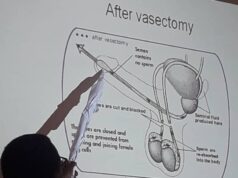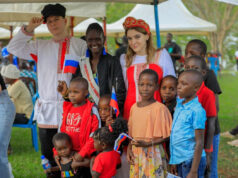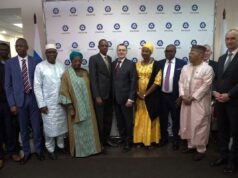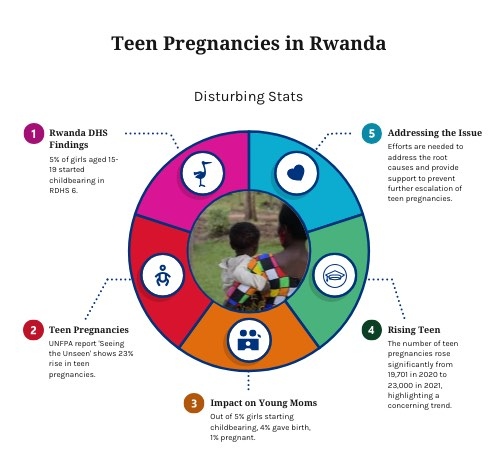
By Uwizeyimana M. Louise
Imagine being a young girl in rural Rwanda. Laughter fills your days as you play with friends. But then your body changes, and fear washes over you. You don’t understand what’s happening. This is the reality faced by many Rwandan girls like Claudine, who, at 13, felt utterly lost when she experienced her first period.
“My once-familiar body felt alien, and my backache sent shivers down my spine. Worry and panic swept over me as I mistakenly believed I had injured myself. I didn’t know what was happening.” Claudine recounted, her voice trembling slightly.
Tears welled in her eyes as she added, “I looked up, startled, as my sister entered the room. Her perceptive eyes softened with concern when they landed on my tear-streaked face. Sniffling, I mumbled something about the stain and the weird feeling. Relief washed over me as understanding dawned on her face.”
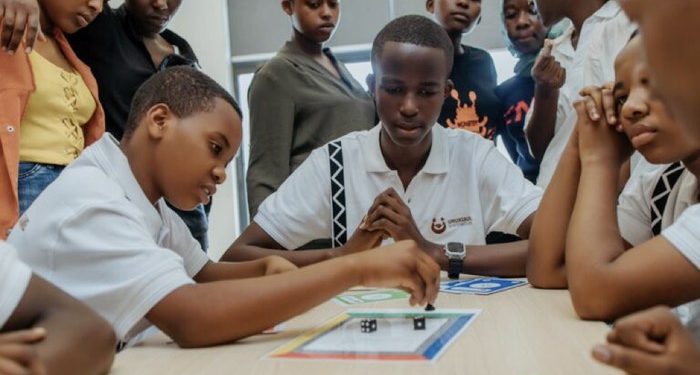
Photo the life skills played in the game .
Imagine being a young girl in rural Rwanda. Laughter fills your days as you play with friends. But then your body changes, and fear washes over you. You don’t understand what’s happening. This is the reality faced by many Rwandan girls like Claudine, who, at 13, felt utterly lost when she experienced her first period.
“My once-familiar body felt alien, and my backache sent shivers down my spine. Worry and panic swept over me as I mistakenly believed I had injured myself. I didn’t know what was happening.” Claudine recounted, her voice trembling slightly.
Tears welled in her eyes as she added, “I looked up, startled, as my sister entered the room. Her perceptive eyes softened with concern when they landed on my tear-streaked face. Sniffling, I mumbled something about the stain and the weird feeling. Relief washed over me as understanding dawned on her face.”
“Hey,” she said, her voice gentle as she sat beside me on the bed. “It’s okay. This happens to all girls at some point,” She comforted me as she explained what a monthly period is. She spoke openly about hygiene and answered my questions patiently. Finally, she offered me a clean cloth and a pad.
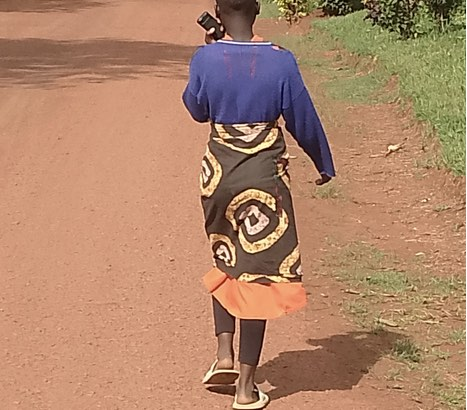
Shame kept Claudine trapped indoors for nine days. Carefree games and laughter with friends became a distant memory. Even just stepping outside felt like a forbidden dream to her. Missing school added another layer of worry.
This lack of knowledge and open communication about Sexual and Reproductive Health (SRH) issues is a reality faced by many young people in Rwanda, leading to a rise in teen pregnancy, sexually transmitted infections/HIV, and school drop-out rates, according to UNFPA report named: Seeing the Unseen.

Compounding public health concerns, a UNFPA report reveals a disturbing 23 per cent increase in teen pregnancies between 2020 and 2021. This highlights the urgent need for comprehensive SRH education.
Furthermore, the Rwanda Biomedical Centre’s (RBC) HIV report (2022-2023) highlights a troubling rise in new HIV infections among young people, particularly in Eastern Province (19.2 per cent) and the City of Kigali (15 per cent).
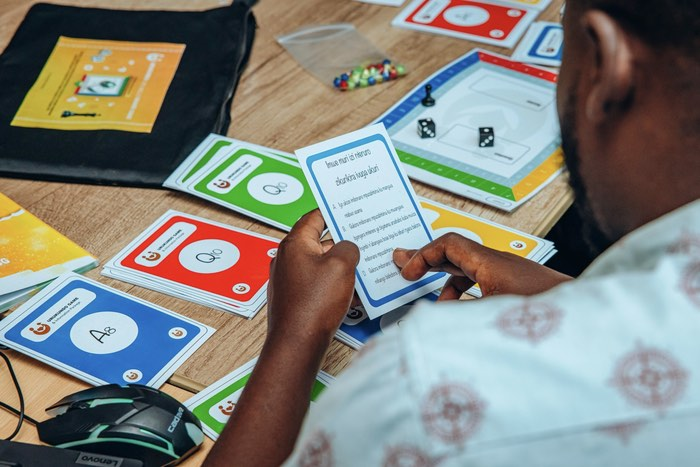
To bridge this gap, Urukundo Life Skills Board Game, an award-winning social enterprise, is significantly impacting Sexual and Reproductive Health education.
With Rwandan themes, the board game uses questions and discussions to address sensitive SRH topics such as relationships, menstruation, pregnancy, and body image in a fun, interactive, and educational manner.
The idea developed when four friends in medical school noticed a troubling trend, when teens in remote areas of Rwanda were getting pregnant because they lacked access to accurate information.
Determined to make a difference, Dr. Mick Ndayishimiye, Dr. Fredrick Ntabana, Dr. Christelle Uwantege, and Dr. Honor Isimbi created Urukundo Life Skills, a fun board game with a Rwandan twist!
Dr. Ndayishimiye, CEO of the Project explains, “One of the teen mothers we once interviewed during our research shared that her boyfriend back then had told her she wouldn’t get pregnant since it was her first time having sex, saying that ‘virgins don’t get pregnant.’ Another one shared that her ex-boyfriend said some sex positions block pregnancy—which, of course, she fell for and got pregnant at 16 years.”
The board game which costs about Rwf 20,000 (US$16) has a sexual health booklet, 40 question cards, 40 answer cards, a game board, two dices, 40 diamond beads, and both game and facilitator guides.
Up to eight people can play this life skills board game. It’s a fun way to ask and answer questions about sexual and reproductive health.
Players unfold the board, shuffle the question cards, and place them face down within easy reach. They choose a starting player and set their token in the “Start” space.
As players take turns rolling the dice and moving their tokens around the board, they encounter a variety of colored spaces, each with a unique consequence. Some might reward them with points or special abilities, while others might send them back a few spaces or force them to complete a silly dare.
The group discusses the answer and then reveals the corresponding answer card for verification. Correct answers earn players a diamond bead.
Dr. Fredrick Ntabana, the game’s content lead, uses a thought-provoking question card to illustrate: “Can a woman get pregnant if she has unprotected sex during her period?” Players choose between (A) True or (B) False. Selecting the correct answer earns you a diamond bead. The corresponding answer card clarifies why pregnancy is less likely, but not impossible, during menstruation, especially with shorter cycles or external factors like stress, travel, or illness.
“This scenario cleverly opens the door to discussions beyond a single question. Players can explore communication skills for refusing unwanted sex and strategies for protecting themselves from unintended pregnancy,” Dr. Ntabana explains.
The game continues, with players taking turns answering questions and earning diamonds for correct answers. Incorrect answers or running out of diamonds result in a lost turn.
Unlike lectures, the life skills board game fosters a relaxed environment where teenagers can ask questions about sexual health. This is particularly helpful because teenagers may feel shy or uncomfortable discussing these topics in a traditional classroom setting.
Clarisse Iregena, a youth leader in Kayonza district, uses the game to raise awareness. She says that one participant, Sandrine, finally understood her menstrual cycle after playing and felt comfortable talking to her mother.
“Open communication is exactly what the board game aims at. Another participant, Joseph, shared how the game helped him understand the importance of communication in relationships and respecting a girl’s boundaries,” Iregena added.
Dr. Christelle Uwantege, co-founder of the game and marketing director says, “The genius lies in transforming a potentially awkward conversation into a fun and informative experience.”
She elaborates, “Urukundo fosters a safe space for young people to ask questions, share experiences, and learn from their peers, all without judgment.”
The project has also expanded into the digital realm with a mobile app that leverages gamification and technology to deliver accurate SRH information.
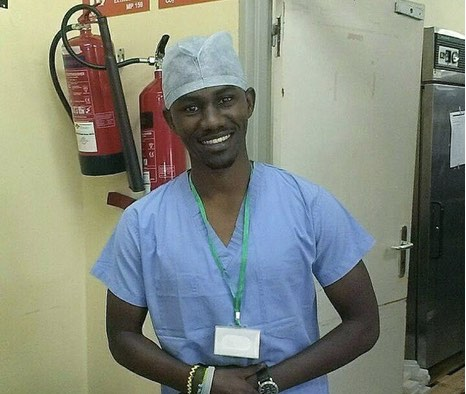
Richard Bishumba, a pharmacist and journalist, says that playing board games regularly and on computers is an excellent way for young people to learn about SRH. This knowledge can help them make good choices.
“Games help break the stigma/ice around the conversation, especially since parents or guardians are often uncomfortable talking about it with their children.” Bishumba explains, adding, “This highlights the power of using a game to address a sensitive topic like SRH. Unlike traditional lectures.”
The engaging format of the board game encourages participation, breaks down communication barriers, and makes learning enjoyable.
This impact is evident in Urukundo board game study, which found an impressive 82.6% increase in knowledge acquisition among participants based on pre-and post-game surveys.
Urukundo’s impact extends beyond classrooms. It has been widely adopted in over 100 institutions across Rwanda, signifying its acceptance by both public and private schools.
Quantifying the number of players remains challenging due to the ongoing use of schools and institutions. However, Urukundo Life Skills Board project, following its successful 2022 pilot with Grand Challenges Canada -Stars in Global Health and being among the top winners of the UNFPA’s Joint Innovation Challenge, demonstrably reached over 10,000 young adolescents across all 30 Rwandan districts and four refugee camps, according to Dr. Uwantege.
Dr. Uwantege shared a story about a young participant who, after playing, felt empowered to ask her parents a question about menstruation for the first time. This exemplifies the game’s ability to break down communication barriers and encourage open dialogue.
Similarly, Ms. Jean d’Arc Twibaneri, a biology teacher at Mukarange Secondary School in Kayonza district, observed a notable increase in her students’ curiosity and willingness to ask questions about SRH topics following Urukundo session.
“The board game creates fun and safe space for students to learn and engage without judgment,” Twibaneri explains. “This was evident when a shy student, who rarely participated, actively discussed the puberty stages after playing. This kind of curiosity and participation is what we’ve seen in many students.”
Also, Alliance Stella, a pharmacist student, and ASRHR activist says that after playing the board game, she was impressed with its fun, interactive nature, and educational value.
“I personally find education through entertainment to be inspirational and helpful. I learn better through friendly games” Stella adds.
Dr. Odetter Nyiramilimo, former Rwandan Minister of State for Social Affairs, says the board game is good for teenagers and young people. “I was impressed by how it got parents and educators sit down with teenagers to discuss SRH in a more friendly and trustful way. The board game can surely make a change,” she notes.
An unexpected positive outcome of the Board Game is its ability to bridge the communication gap between parents and children on SRH topics.
Ms. Valentine Mukamana, a mother of two teenagers in the Gasange sector, Gatisbo district, exemplifies this impact. After her children participated in Urukundo workshop. “They felt more comfortable asking me questions about puberty that they previously wouldn’t have dared to bring up.” It opened up a dialogue that we had never had before.”
Unlike passive learning methods like lectures, the board game’s effectiveness lies in its ability to transform dry facts about SRH into an engaging learning experience.
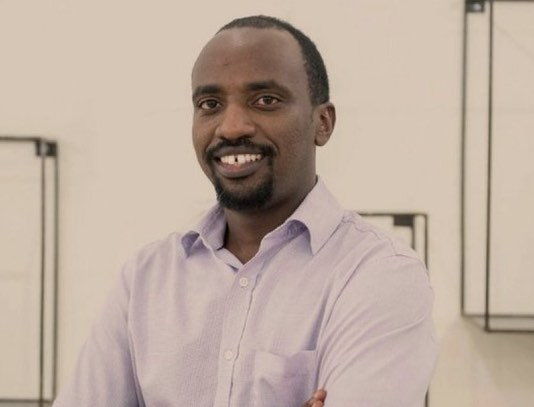
Patrick Cyusa, a business coach who observed one of Urukundo sessions, praised the game’s ability to transform complex SRH topics into engaging experiences. He highlighted the interactive elements, such as scenario-based challenges, that require players to think critically and discuss real-life situations.
Urukundo has forged powerful partnerships with different nongovernmental organizations and government agencies to leverage their expertise and resources for broader distribution. This collaboration has allowed the game to reach a significantly larger number of students in need of the crucial SRH education.
Through a strategic partnership with the Rwanda Education Board (REB), Urukundo introduced a nationwide innovative ” High School Championship 2023” in collaboration with AGAHOZO Shaloom and UNFPA.
Dr. Ntabana explains that through annual school competition, they partnered with schools where they reached out at least 60 schools.
To add to a competitive spirit, they hold a pre-final friendly match between partner high schools. This friendly competition helps build excitement for the grand finale and showcases skills from all participating schools.
Further, he explains that the competition offers exciting rewards for student/school champions. Winners receive a trophy and potentially free school supplies, while the runner-up walks away with essential school supplies like books and, of course, a copy of the Urukundo Life Skills board game and all participants are recognized with certificates for their participation.
The board game was launched in Burundi in November 2023 to expand its reach beyond Rwanda. Partnering with the Burundi Medical Students Association (AEBM) and ShareNet International, the social enterprise that provided the board game, AEBM adapted the game’s content to the Burundian context, incorporating relevant slang terms to ensure engagement with young people. Thanks to ShareNet’s logistical support, Urukundo initiative reached 20 schools in Burundi.
Patrick Cyusa, a business coach with experience in the educational technology sector, believes digitizing the board game will help management generate income to sustain the initiative in the long run.
“This will allow the Urukundo initiative to scale the board game and reach a wider audience across Africa, mostly those who face similar challenges accessing SRH information,” Cyusa says.
Urukundo’s engaging format and interactive elements are making significant strides in bridging the SRH information gap. However, its success hinges on overcoming some key challenges.
Dr. Uwantege points out, one critical hurdle is the high cost of ensuring adequate teacher training in schools for effective implementation. Without well-trained facilitators, the program’s ability to guide discussions and ensure students glean the most from the board game experience might be compromised.
Imam Ramadhan Mwizerwa, a respected religious leader and traditionalist in Rwamagana district, highlights the board game’s emphasis on open communication.
The religious leader is worried that the game might go against what parents teach their young people about sex and gender roles.
“My concern is that by encouraging open communication, the board game could shift some responsibility for SRH education away from families, particularly in communities where traditional roles are well-defined. It’s important to ensure the program complements, rather than replaces, parental guidance.” notes Imam Mwizerwa.
While the Imam raises an essential concern about parental involvement, another limitation is ensuring that all schools can access this board game.
Nema Musabyimana, a teacher at GS Nyagahandagaza in Kayonza District, says board games like Urukundo aren’t accessible in most schools. This makes it harder for students in rural communities to learn about SRH topics in a fun and open way.




